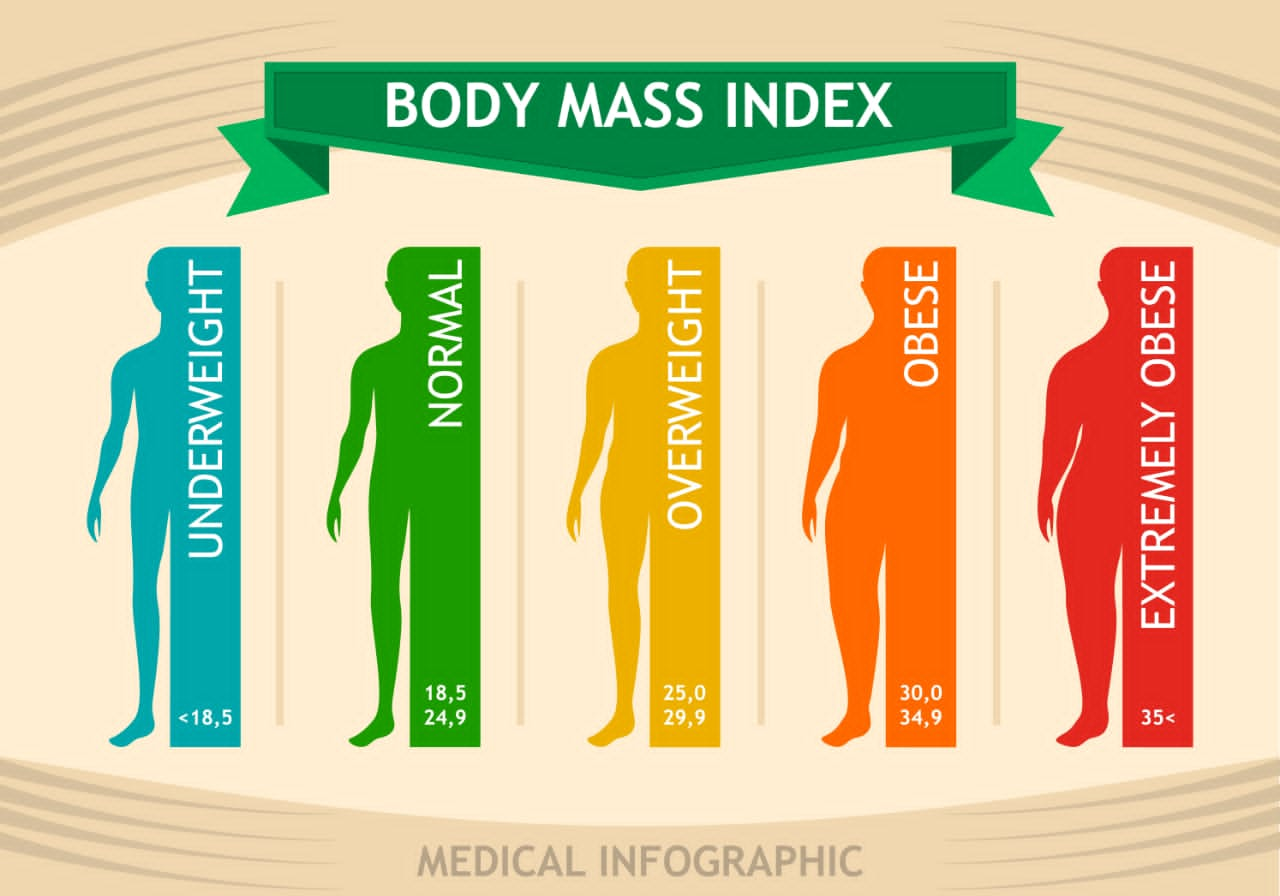
UNDERWEIGHT ADULTS- Risks and Remedies
- June 19, 2022
- by
- Khyra
The fork is your most powerful tool to change your health and the planet- Marsk Hyman
Being underweight is a situation where an individuals body mass index (ratio of weight to height) is below 18.5. Weighing too little can contribute to a weakened immune system, fragile bones and feeling tired. Why are you underweight?
A lot of factors can contribute to low weight. Have you:
Felt unwell? There might be an underlying medical cause for your low weight, such as an overactive thyroid, a genetic disorder or diabetes.
Been finding it difficult to make time to have healthy regular meals?
Lost your appetite, perhaps you’re worried, stressed or have a mental illness?
Been trying to lose weight?
Family genetics do contribute to low weight in families with high metabolism.
Have Eating disorders. If you feel anxious or worried when you think about food, or feel that stress or low self-esteem are affecting the way you eat, you may have an eating disorder which contributes to a low body weight. High levels of physical activity as seen in athletes can contribute to low weight.
Certain jobs may demand that an individual keep his/her weight within a certain range. Models and Ballet dancers fall within this category.
DANGERS OF BEING UNDERWEIGHT
Nutritional deficiencies: if you’re underweight, it’s likely that you’re not eating a healthy, balanced diet, you will lack nutrients your body needs to work properly. Calcium, for example, is important for the maintenance of strong and healthy bones. If you do not get enough calcium, you risk developing osteoporosis (fragile bone disease). If you do not get enough iron, you may develop anemia, which can make you feel drained and tired.
Weakened immune system: is a direct result of insufficient nutrients in your diet, so you’re more likely to catch a cold, flu or other infections. Again illnesses can last longer than they would ordinarily.
Fertility problems: women who are underweight can find that their periods may become irregular or stop altogether.
Anemia: With a poor body weight, incidences of dizzy spells, fatigue and headaches will be regular as the persons blood count will be low.
An underweight individual is prone to constant tiredness, since the calories being taken in as food is insufficient. Impaired growth is seen mostly in young people who are underweight. This failure to thrive results from poor nutrient intake for bone development and body growth.
How to put on weight safely
If poor diet is the cause of your low weight, changing to a healthy, balanced diet that provides the right amount of calories for your age, height and your level of physical activity can help you achieve a healthy weight. Aim to gain weight gradually until you reach a healthy weight by following the advice listed below. Try to avoid relying on high-calorie foods full of saturated fat and sugar such as chocolate, cakes and sugary drinks to gain weight. These foods can increase body fat instead of lean body mass and increase your risk of developing high levels of cholesterol. Instead do the following:
- Eating at least 5 portions of a variety of fruit and vegetables every day.
- Choose wholegrain as much as possible.
- Having some dairy or dairy alternatives (such as soya drinks and yoghurts). Have whole (full-fat) milk until you build your weight back up.
- Eat some beans, pulses, fish, eggs, meat and other protein. Aim for 2 portions of fish every week , one of which should be oily, such as salmon or mackerel.
- Choose unsaturated oils and spreads, such as sunflower or olive, and eating them in small amounts.
- Increase your water intake. The government recommends 6 to 8 glasses a day. But try not to have drinks just before meals to avoid feeling too full to eat. Water tastes flat? Add fresh juices to your repertoire.
- Try to choose a variety of different foods from the 5 main food groups. Learn more about these food groups and how they form part of a healthy diet.
- If you do not eat meat, find out how to have a healthy vegetarian diet.
- Eat natural as much as possible. Stay clear of processed and packaged foods.







